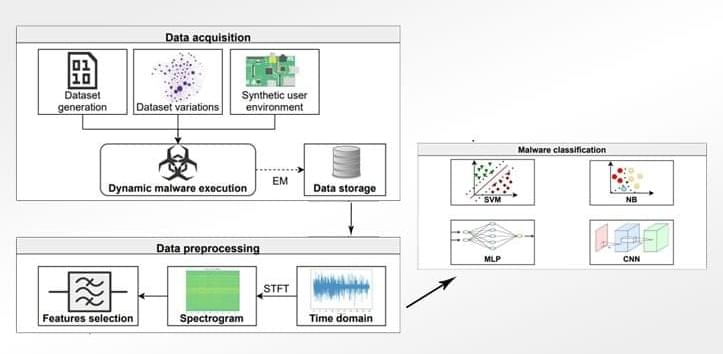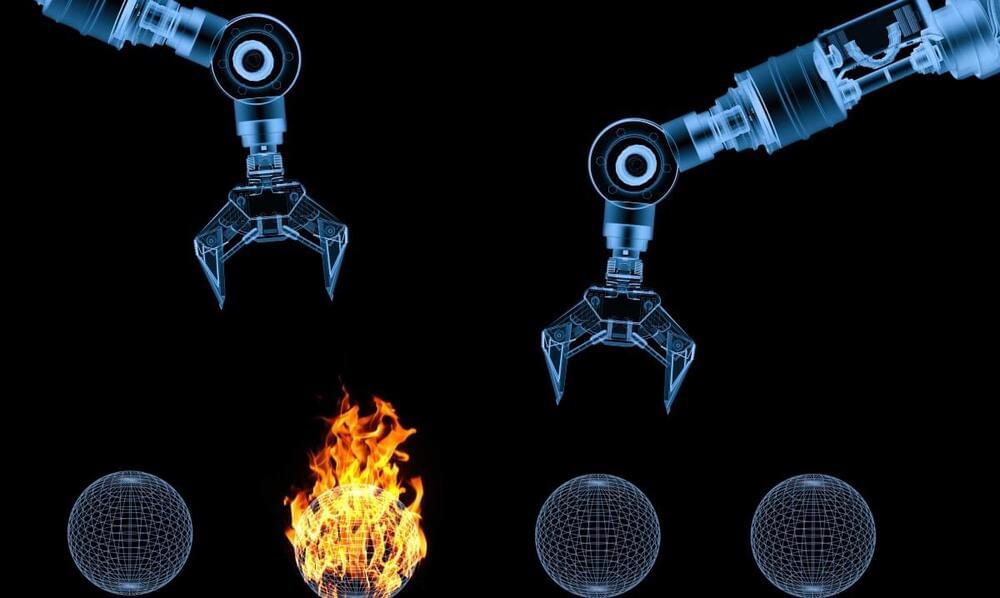Bluetti says its first-generation sodium-ion battery excels in thermal stability, fast-charging capacity, low-temperature performance, and integration efficiency, despite slightly lower energy density than its lithium-ion counterparts. The solar generator and battery’s chemical components also feature more abundant materials than traditional lithium-ion batteries, lowering prices and alleviating concerns about resources scarcity.
The NA300 solar generator delivers a 3,000Wh capacity, considerably less than the 5,100Wh of the company’s EP500 Pro model. But the generator capacity shouldn’t be a big issue for consumers, as it supports up to two B480 battery modules (4,800Wh each), which brings the total capacity to 12,600Wh. The unit, recharged by solar panels, can serve a family’s electricity needs for several days or even a week during grid failures or natural disasters.
It is said that the sodium-ion solar generator seamlessly inherits all the style and appearance settings of its predecessor – EP500 Pro – especially four 20-amp traditional wall plugs, as well as a 30-amp L14-30 output port, driven by the built-in 3,000W pure sine wave inverter.







